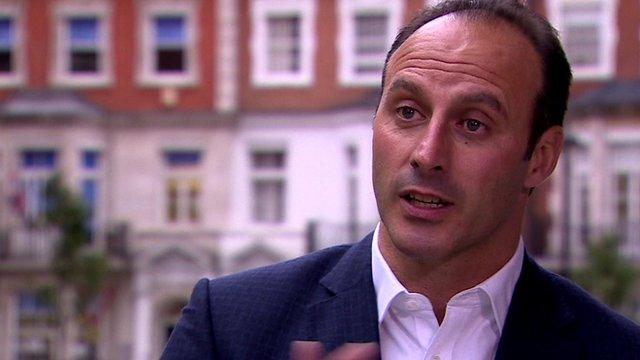World Cup 2018: How do Belgian footballers speak to each other?
- Published
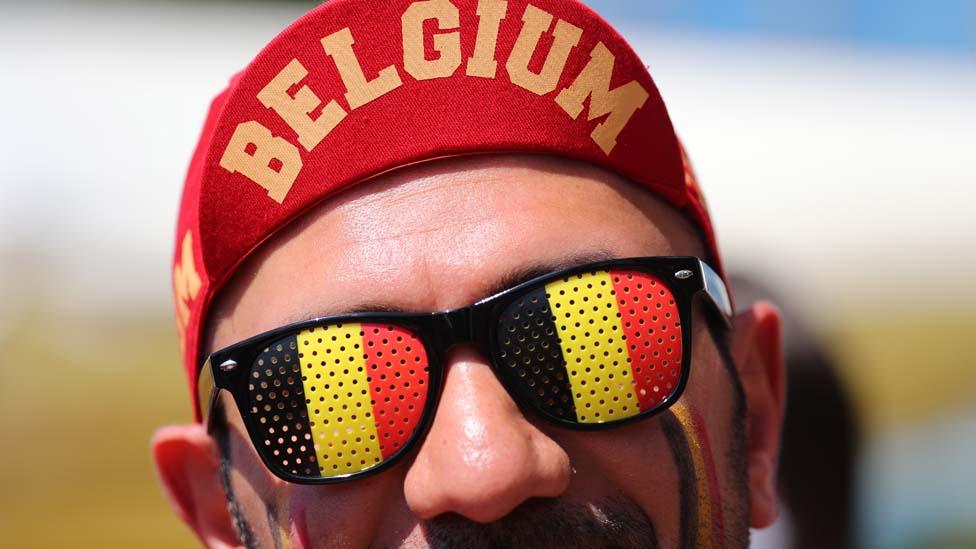
Could Belgium's World Cup run bring unity to a divided nation?
Language is an essential part of playing football. Coaches give instructions to players and teammates talk to each other on the pitch.
How, one may wonder, does Belgium's multilingual team communicate?
Sources say the players speak neither Dutch nor French but English in the changing room, to avoid the perception of favouring one language over another.
They also speak English on the pitch, much to the surprise of many in the UK press during their game with England on Thursday night.
A majority of Belgians are Dutch-speakers who live in the Flemish north. Most of the rest speak French, and there is a small German-speaking community.
This divide can be seen in the mother tongues of the Belgian national team's star players.
Manchester City's playmaker Kevin De Bruyne is a Dutch-speaker from Ghent in the Flemish region, while Chelsea attacker Eden Hazard is a French-speaker from the Walloon region.
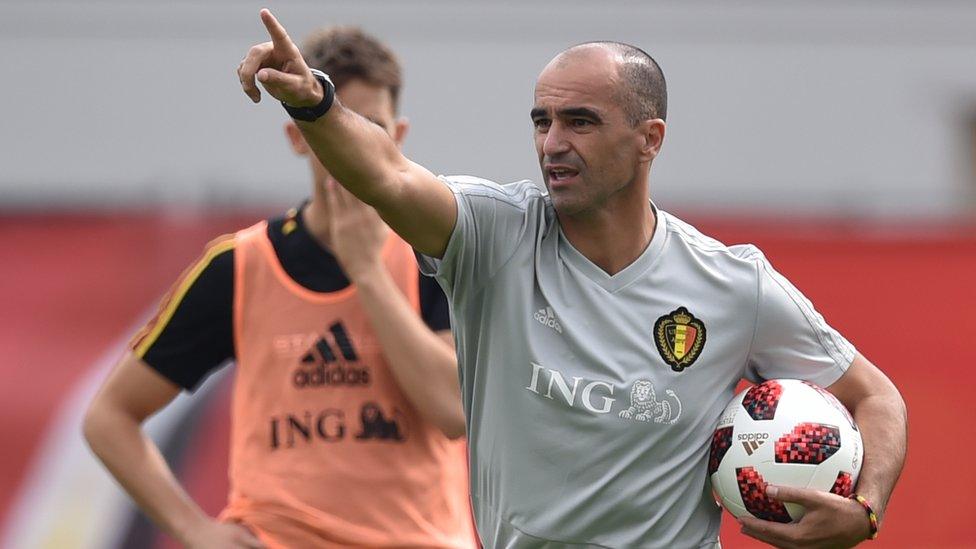
Spain's Roberto Martinez now manages the linguistically diverse Belgian national team
The issue of language and the Belgium football team has come up before.
In a 2014 news conference, defender Thomas Vermaelen and Axel Witsel spoke different languages, Vermaelen in Dutch and Witsel in French.
A spokesman for the Belgian Football Association told the New York Times that they "organise interviews separately for the French and Flemish speakers".
Ethnic diversity
In many countries, this might be regarded as bizarre, but in Belgium, everything is divided along language lines - from political parties to schools, magazines and newspapers.
The country also has a large number of migrants who speak neither Dutch nor French as a native language and so English can be used to integrate them too.
In fact, the ethnic diversity of the team - several players are from migrant families - gives it an interesting mix of languages, and a wide range of linguistic ability.
Antwerp-born striker Romelu Lukaku is famous for his fluency in six - Dutch, French, English, Spanish, Portuguese and Swahili - and team captain Vincent Kompany speaks five.
But some of the French-speaking players are monolingual - they don't even speak Dutch.
Francophone Marouane Fellaini, now of Manchester United, was once described by ITV commentator Phil Neville as the worst English-speaker he'd ever come across.
But despite almost all the players understanding French, "English is often perceived as a 'safe middle ground'", Dutch-speaking Belgian BBC journalist Suzanne Vanhooymissen says.
"By using English as a common language, organisations, and indeed the Belgian national team, cannot be accused of favouring either Dutch or French over the other and opening up simmering linguistic divides."
Separate tables
Switzerland is another multilingual country playing in this year's tournament. At home, four languages - German, French, Italian and Romansch - are spoken.
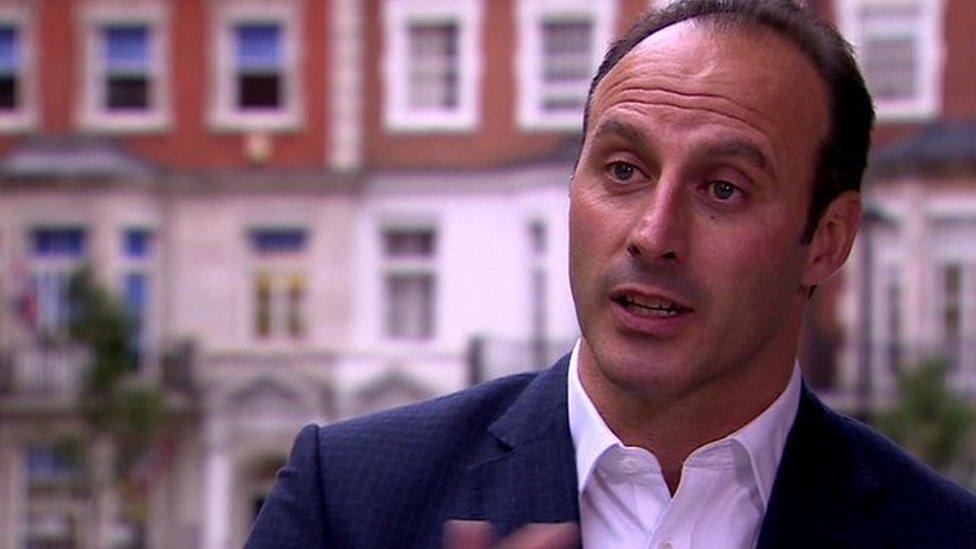
Former defender Ramon Vega played for a multilingual Swiss team
Ramon Vega played for the Swiss national team between 1993 and 2001.
He says the language issue had proven divisive amongst players: "The German, French and Italian guys all sat at separate tables for lunch and dinner."
"Roy Hodgson [Switzerland's former coach] gave his team talks in French but would speak the language of that player when trying to get his message across to them," Vega says.
"Everyone understood each other but to be sure your message got across, you'd try to switch to that person's language."
Nationhood issues
But Belgian sensitivities mean that such an approach would be unwise for the Red Devils, as the national team is known.
"All Swiss language communities accept the notion of the Swiss nation, which is defined plurally," says nationalism expert Klaus-Jurgen Nagel of Barcelona's Pompeu Fabra University.
"But this is not the case in Belgium where the narrative of the nation is contested. In Flanders, a lot of people define [themselves] in the first place as members of the Flemish nation, rather than as Belgians."
Growing up in a multilingual environment was advantageous to Ramon Vega, though.
"Having all these languages around me was useful when I moved to a new country as it taught me the valuable skills of patience and persistence," he recalls.
"When I came to London, I found it very difficult to understand some of my teammates' Cockney accents though."
- Published10 October 2017
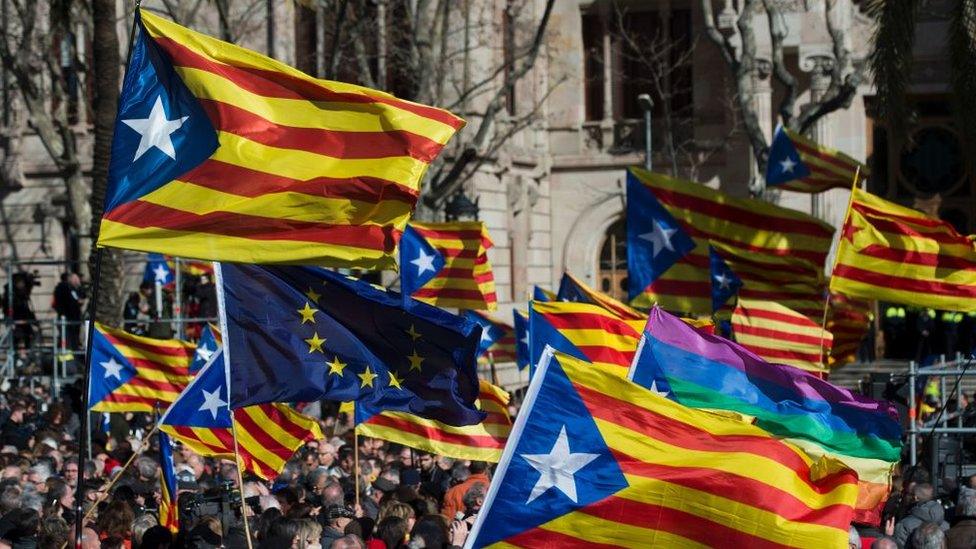
- Published21 August 2023
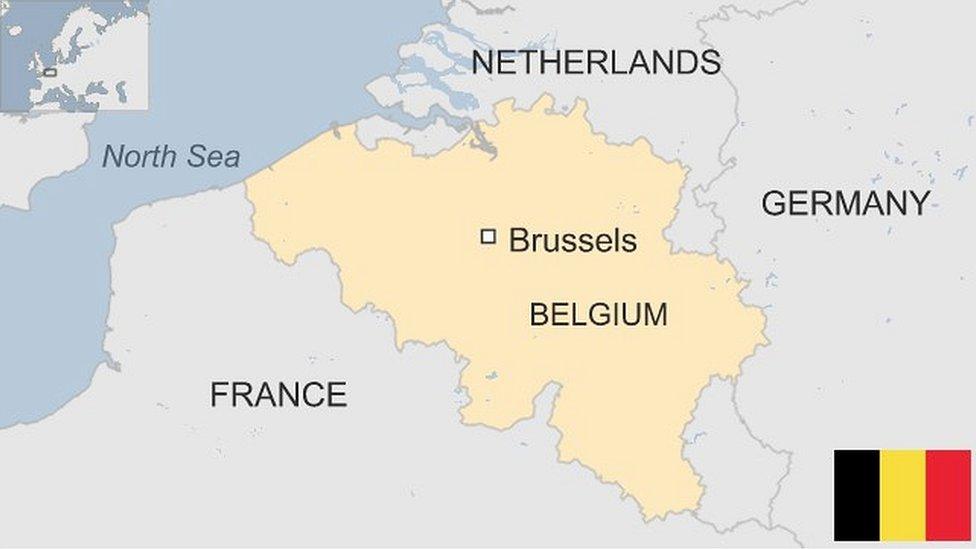
- Published19 June 2023
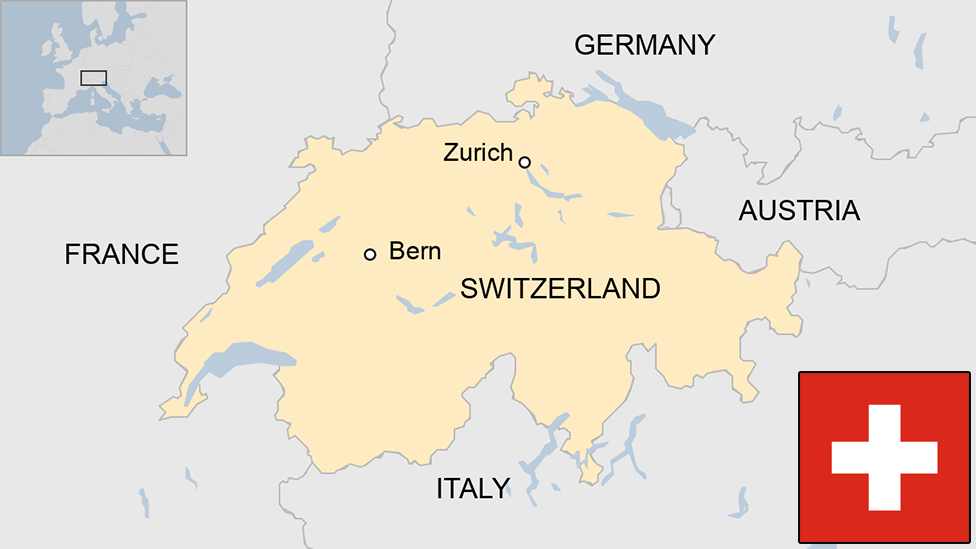
- Published26 May 2018
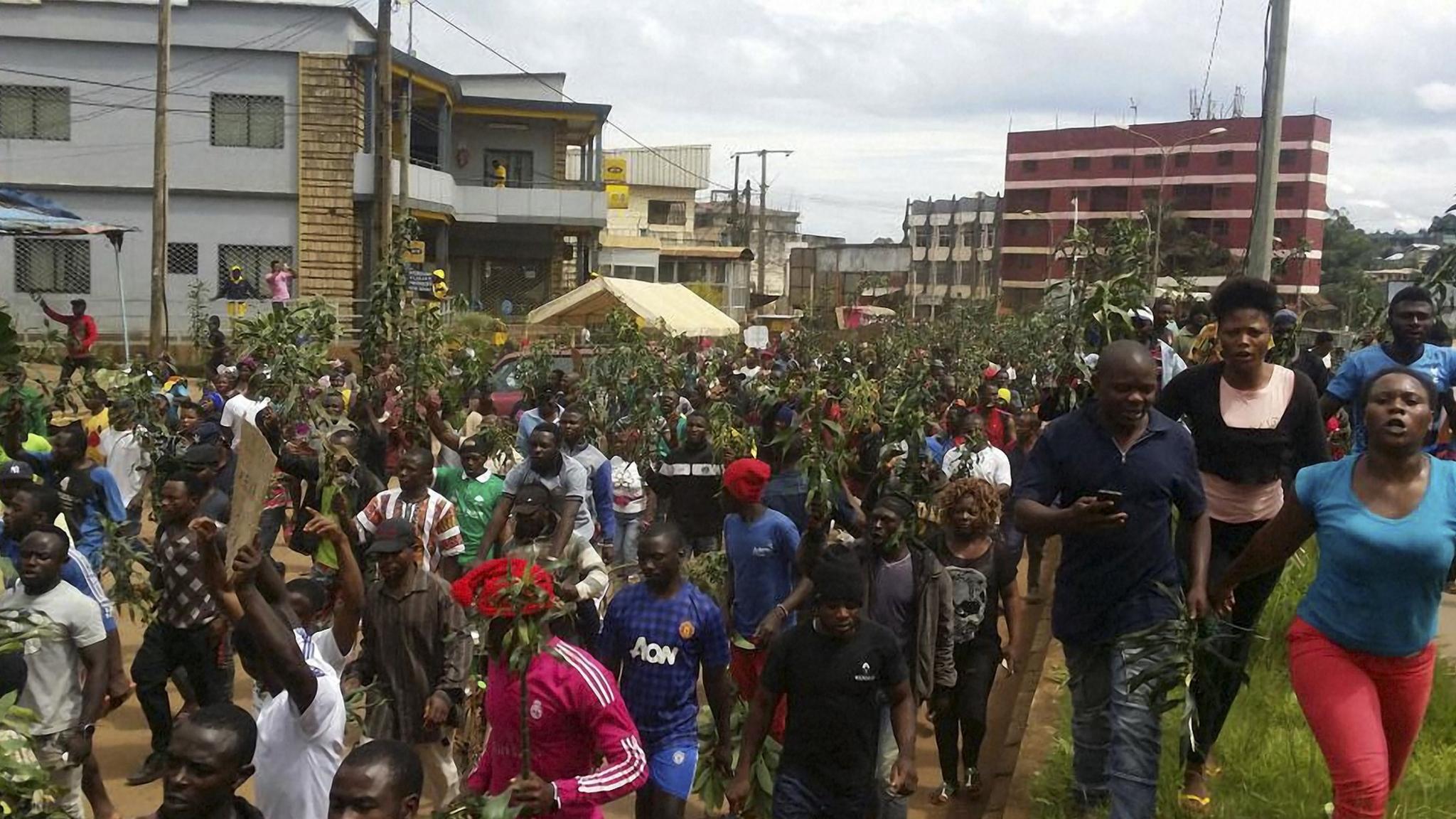
- Published19 October 2015
